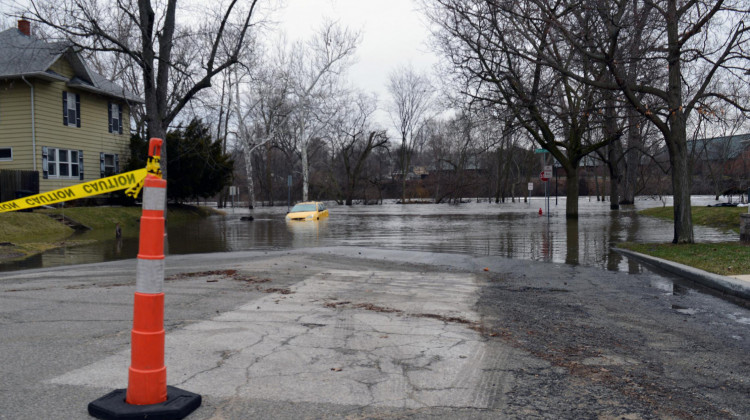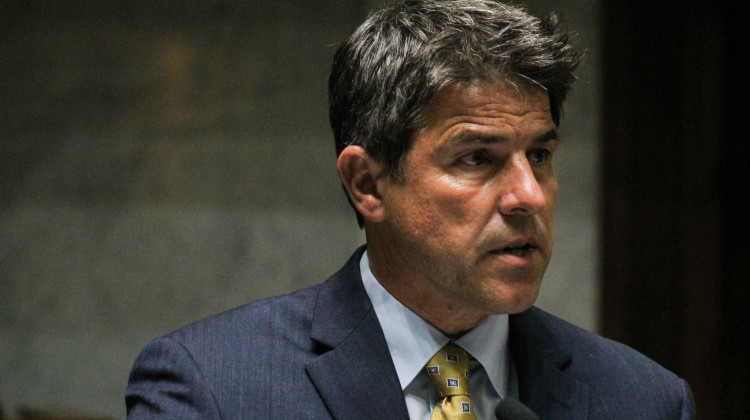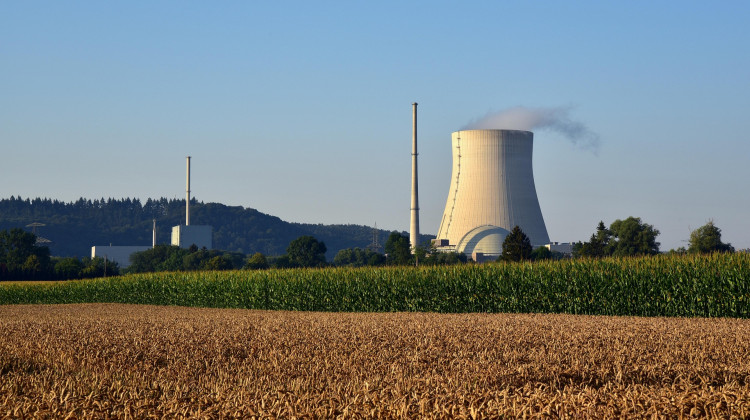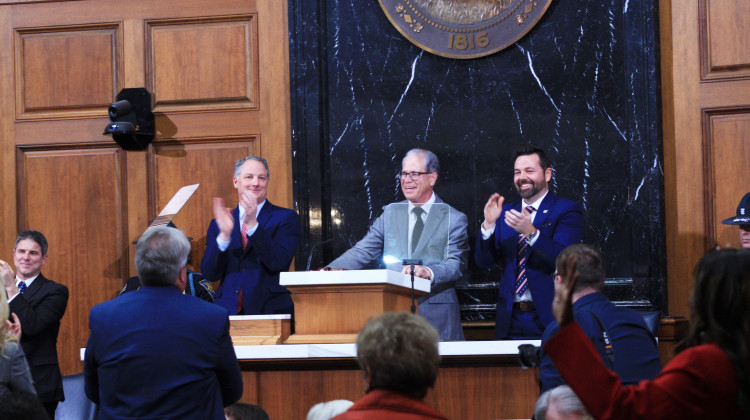The U.S. Army Corps of Engineers is projecting even higher water levels on Lake Michigan than last year. That means Indiana lakeshore towns could see more flooding this spring and summer.
Deanna Apps is the lead forecaster for Great Lakes water levels through the Army Corps.
“If you had impacts last year, you know, you're likely going to see impacts again. That includes shoreline flooding and erosion. So this is the time to be getting prepared," she says.
Howard Learner is the executive director of the Environmental Law & Policy Center. He says there are things cities along Lake Michigan can do. Learner suggests looking into green infrastructure like permeable pavement and other things that can help absorb that extra water.
Learner says local governments also need to be careful about where they allow people to build — not just homes and businesses, but also things like landfills and hazardous waste sites.
“We need to do an inventory of what's along the shoreline and what are the risks and the threats in the new normal of much higher water levels," he says.
Learner says, even though many local governments are focused on the coronavirus outbreak, lakeshore communities need to prepare for higher water levels to lessen the impact on their residents.
Apps says up until about six years ago, Lake Michigan had a period of very low water levels — so they will likely go down again, but when that will happen is uncertain.
She says residents experiencing flooding and erosion should reach out to their local emergency management agencies to get up-to-date information and read through at the U.S. Army Corps of Engineers booklet, "Living On The Coast."
Contact Rebecca at rthiele@iu.edu or follow her on Twitter at @beckythiele.
Indiana Environmental reporting is supported by the Environmental Resilience Institute, an Indiana University Grand Challenge project developing Indiana-specific projections and informed responses to problems of environmental change.
 DONATE
DONATE







 Support WFYI. We can't do it without you.
Support WFYI. We can't do it without you.